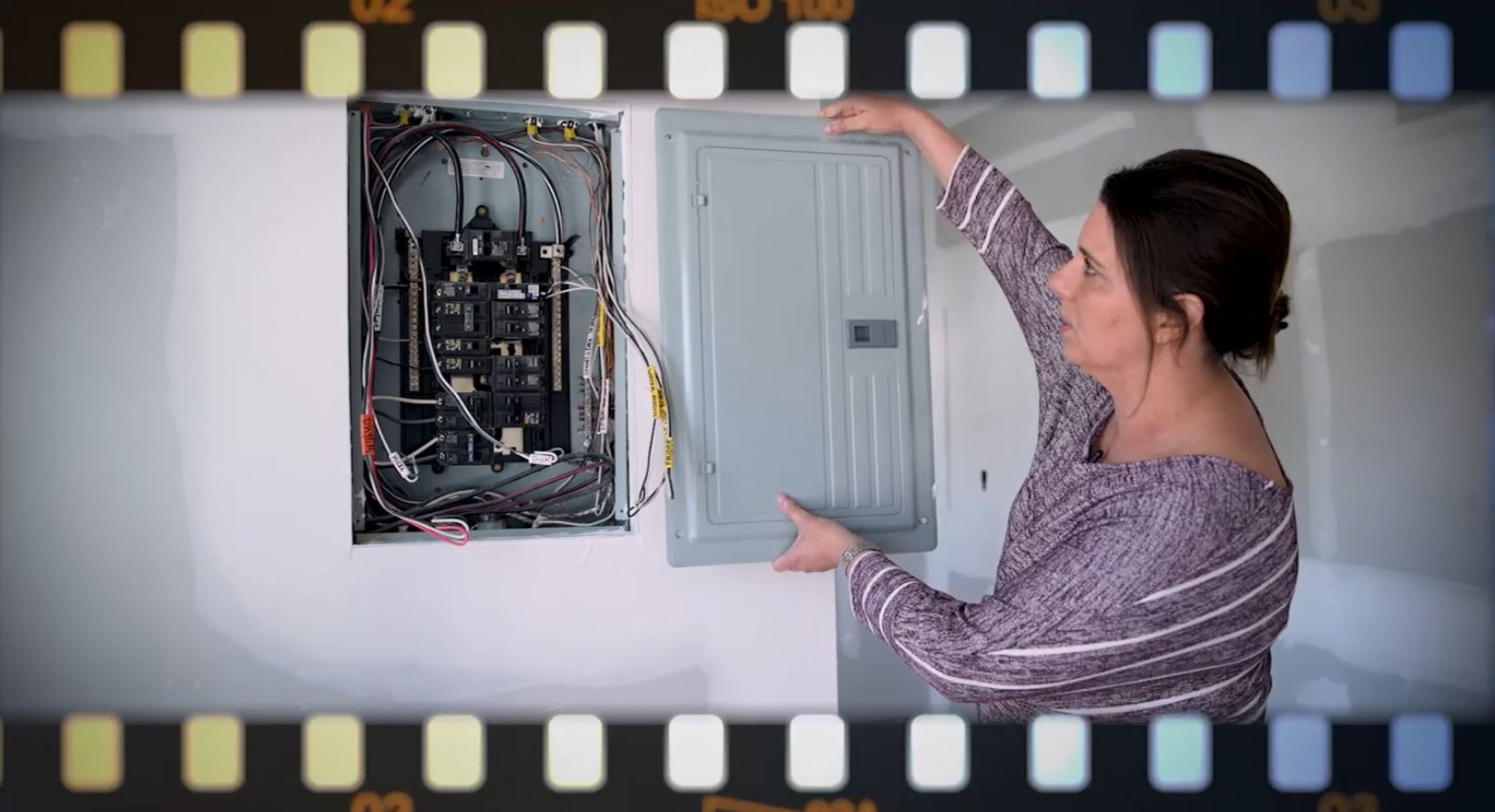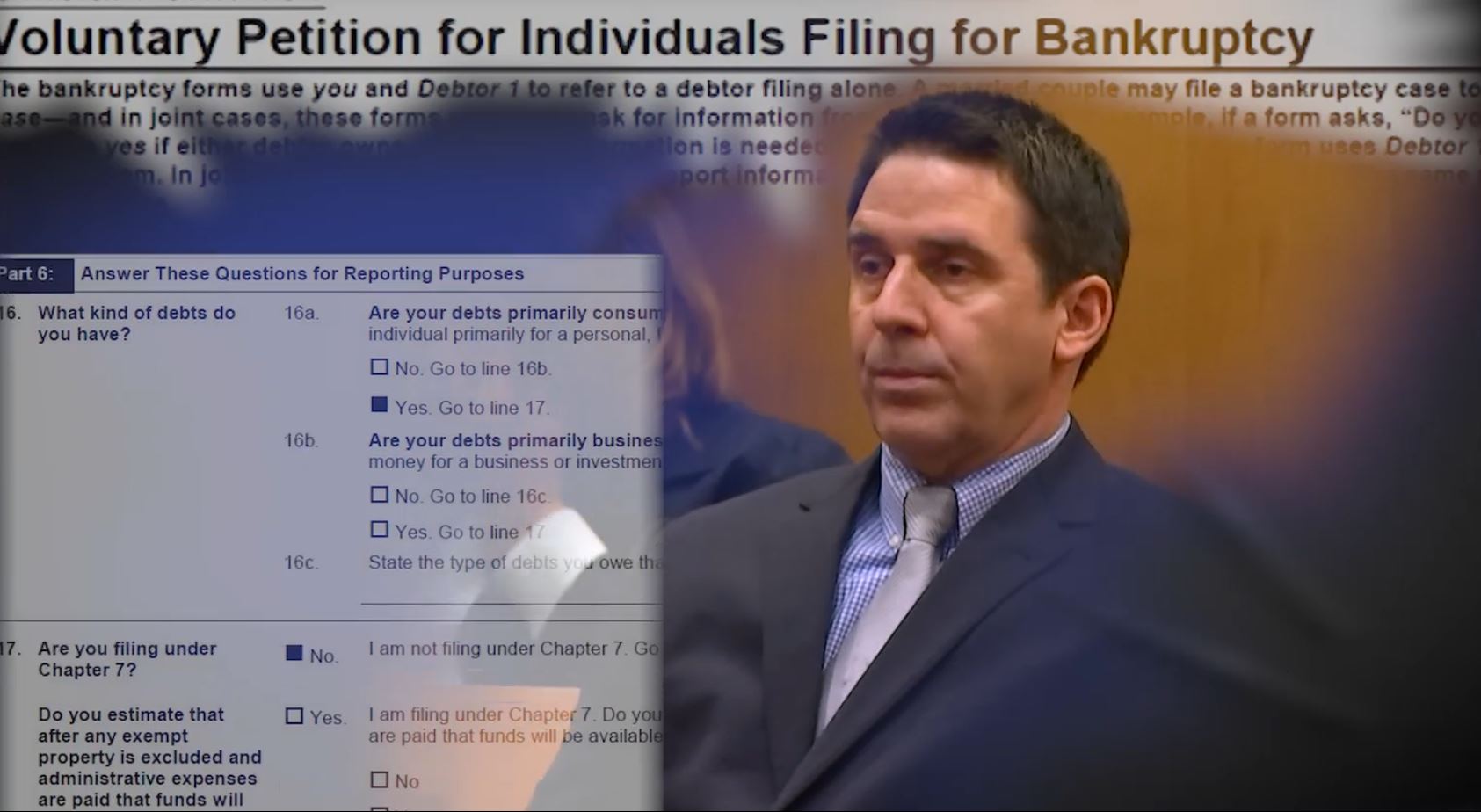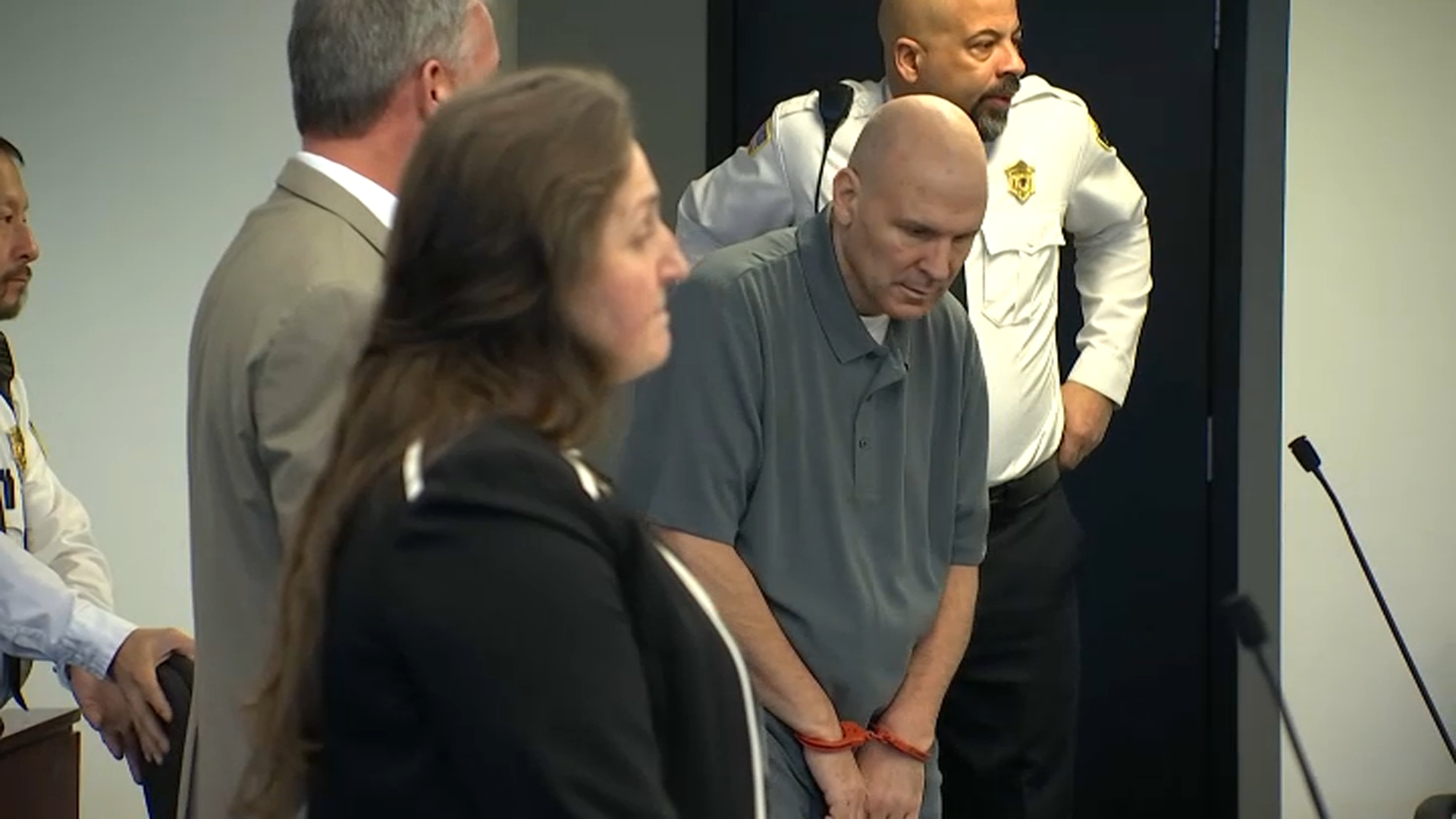Proposed legislation that would require background checks of contractors who register in Massachusetts and would provide more money for consumers who get ripped off was introduced on Beacon Hill.
The bill, filed by Democratic State Sen. Susan Moran, came in response to our award-winning "To Catch a Contractor" investigative series.
WATCH ANYTIME FOR FREE
>Stream NBC10 Boston news for free, 24/7, wherever you are. |
"This is a direct result of your investigative reporting," Moran said when we interviewed her about the legislation earlier this year.
The bill was presented during a hearing for the Joint Committee on Consumer Protection and Professional Licensure.
Get updates on what's happening in Boston to your inbox. Sign up for our >News Headlines newsletter.
According to the bill, the Office of Consumer Affairs and Business Regulation would be required to perform background checks when contractors register or renew, specifically looking for fraud-related convictions.
More from the To Catch a Contractor series
That type of review likely would have flagged the owner of a pool company who left an alleged path of destruction across Massachusetts.
Our investigation found Steve Docchio had a long list of criminal convictions and charges related to failed construction projects. He had already been banned as a contractor in Connecticut and Rhode Island, according to records we uncovered.
As we reported last month, Docchio is now facing a 17-count indictment in Plymouth County and there is a warrant for his arrest. He has yet to be located by law enforcement and has not been arraigned on those charges.
"If this information is not verified with a background check, it means that bad actors can sometimes slip through the cracks and be registered with the state," Moran said during her testimony. "In the extreme case of Steve Docchio, documented by NBC10's 'To Catch a Contractor' series, this resulted in homeowners losing tens of thousands of dollars."
The legislation would also raise the payout limit of the Guaranty Fund, a state program meant to help consumers recoup losses, from $10,000 up to $30,000.
We found the limit had not been adjusted since the law took effect in the early 1990s. As a result, the balance of the fund has ballooned because it is taking in much more revenue than it is paying to consumers.
We've also documented how homeowners have experienced frustrating delays or denials with the program.
The OCABR undersecretary told us the agency is in the midst of an internal audit to see where improvements can be made immediately without legislative approval. Several homeowners have already had their claim denials reversed after we flagged their cases.
Ryan Kath can be reached at ryan.kath@nbcuni.com. You can follow him on Twitter or connect on Facebook.




